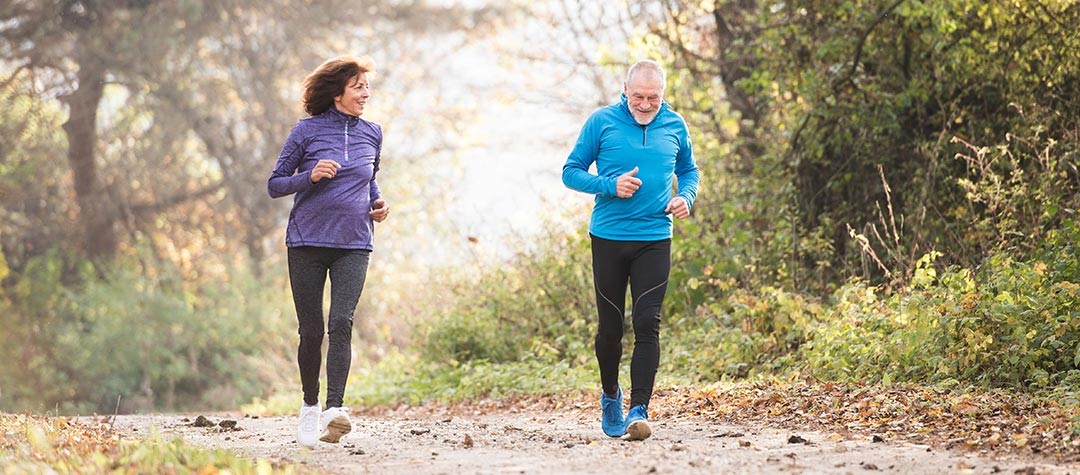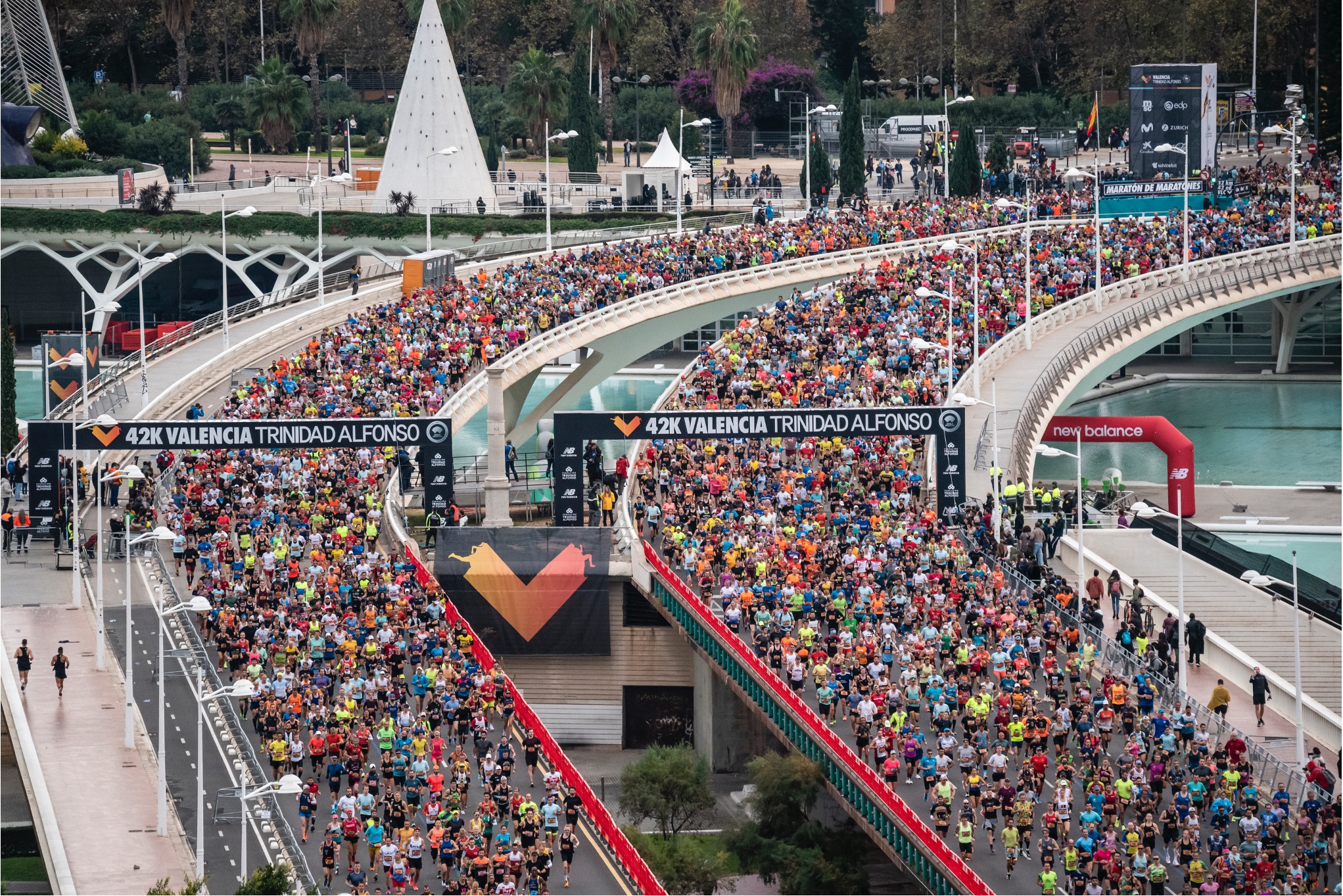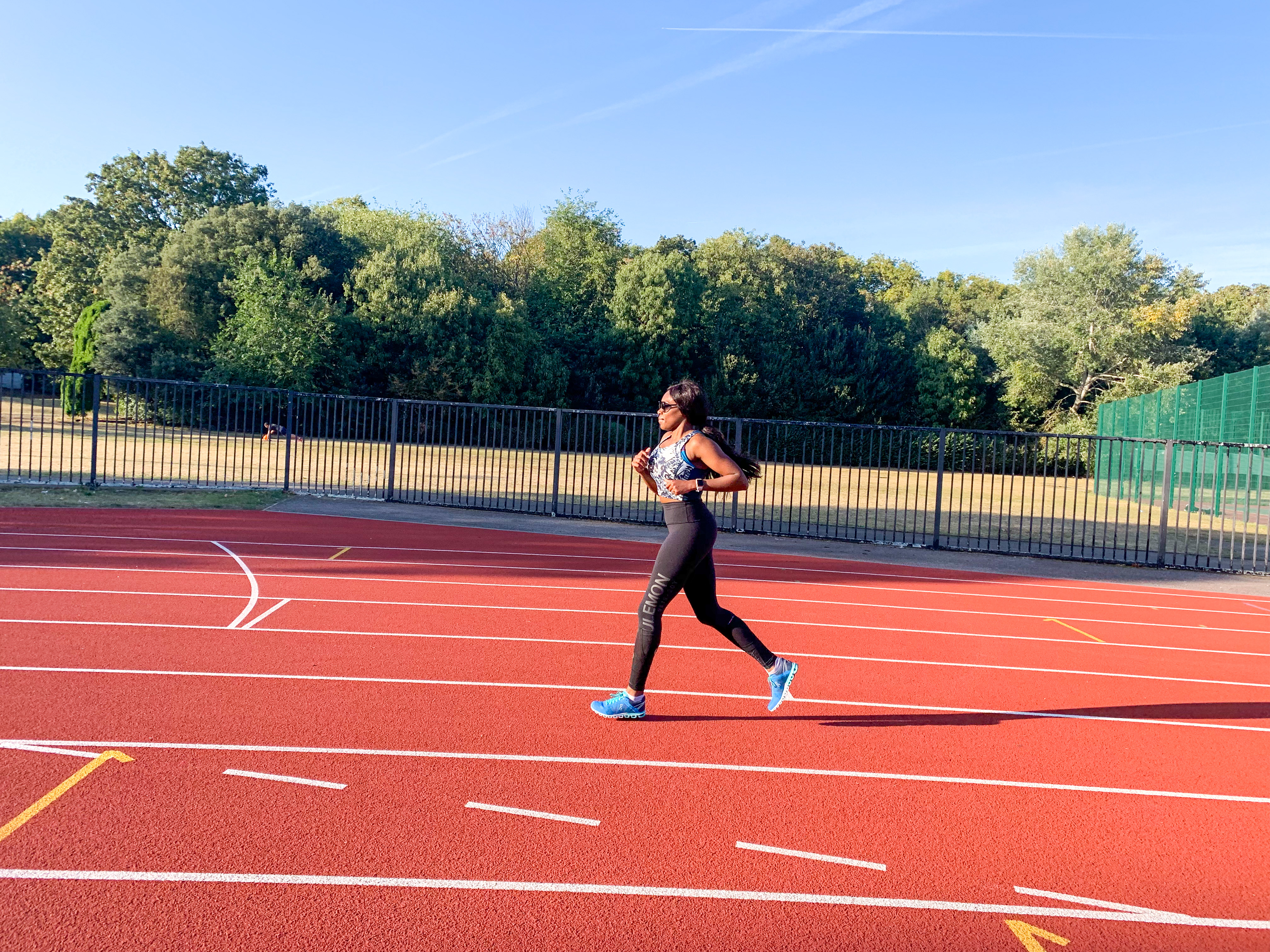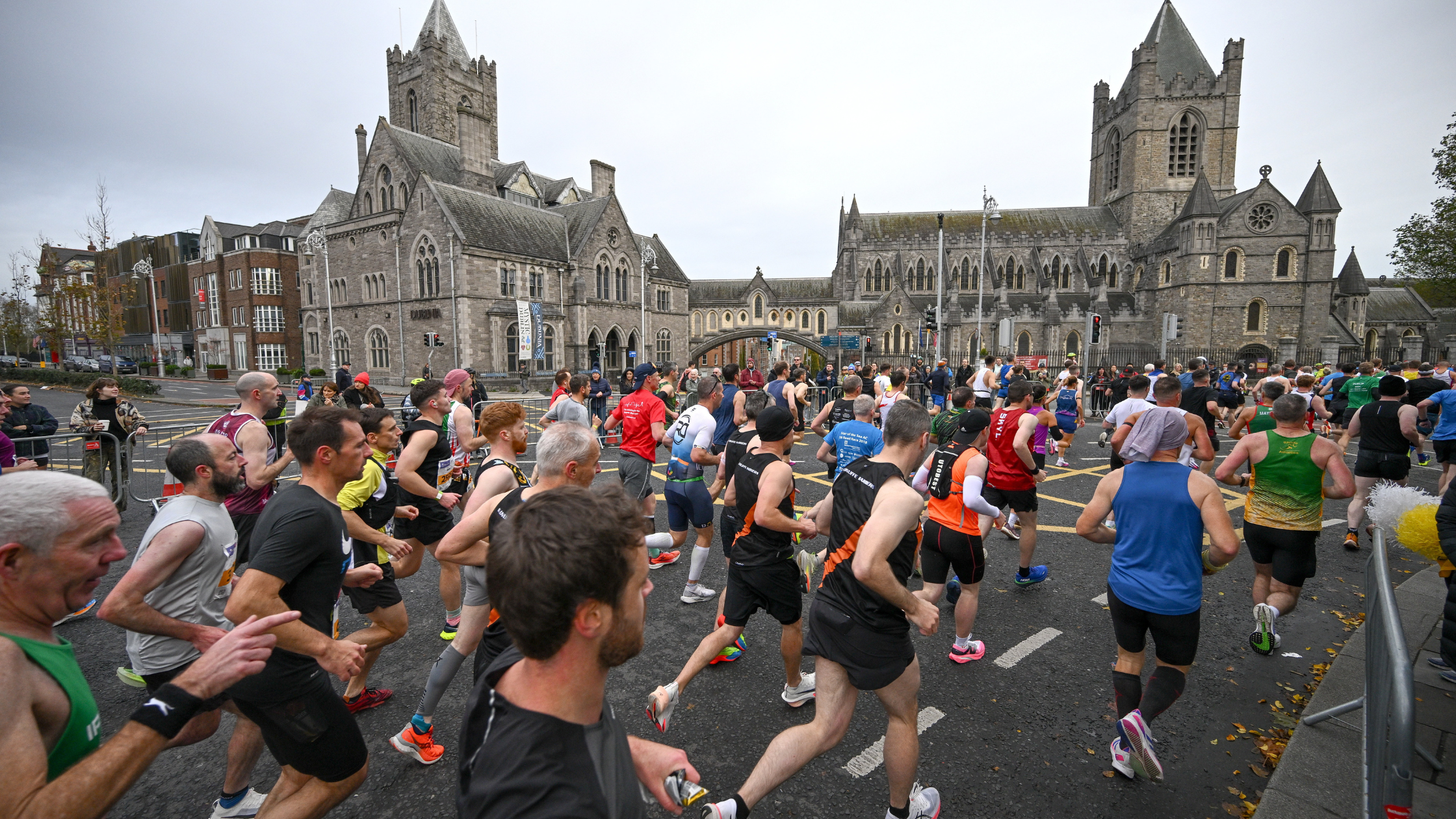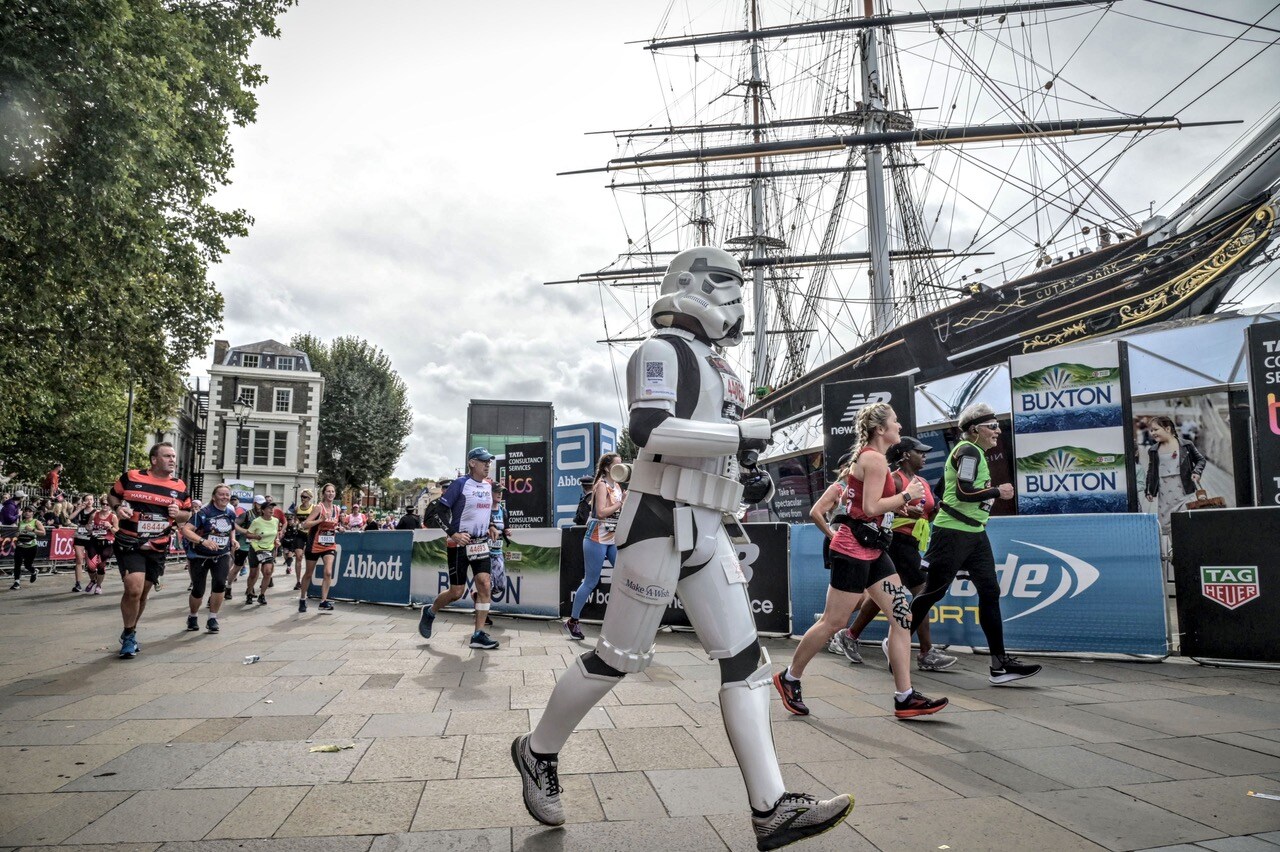It’s no secret that our bodies change as we age. However, whilst you may feel that your days as a whippet-like twenty something are behind you, it doesn’t necessarily mean that you are no longer able to perform at your best. As the old adage says, ‘age is just a number’ and many runners find that through a combination of smart training and experience, they actually flourish once they hit the veteran ranks.
So how can you ensure that age doesn’t get in the way of your running goals? Here are some tips for runners as they get older:
Include cross training
Many runners find that as they age the high impact nature of running can be unforgiving and persistent injuries and niggles start to creep in. Your tendons become stiffer and therefore less able to tolerate stress.
However cross training can be the older runner’s saviour. Low impact activities such as cycling, swimming and aqua jogging make a great alternative to running and can reduce your risk of sustaining an overuse injury, strengthen alternative muscle groups that are not predominantly used when running, whilst also improving your aerobic fitness.
Listen to your body
Whilst no training plan should ever be set in stone, it becomes even more important to listen to your body as your become older. As muscles age, the number and size of the individual muscle fibres decreases. This means that the body takes longer to recover between harder efforts.
Try to listen to what your body is telling you and don’t be afraid to adapt your training when necessary. If you are feeling tired or have a niggle then schedule some extra easy days before your next hard workout.
Focus on quality not quantity
As your power of recovery decreases with age, your focus should be on quality not quantity. The best older runners are savvy and know how to get the most ‘bang for their buck’ from training.
You may find that it is beneficial to reduce your overall mileage to ensure that you are recovering optimally between your harder workouts and races. Focusing on the quality of your training rather than the quantity should also help you to achieve a healthy balance with the other commitments in your life.
Work on your flexibility
As you age the elasticity of your soft tissues decreases and joint motion becomes more restricted, meaning your flexibility is reduced. This can be further impacted if you have a sedentary job and spend most of your day sitting behind a desk.
Try to include some dynamic flexibility work such as lunges and leg swings before each run to help increase your range of motion. After each run spending just a few minutes stretching the major muscle groups can really help to gently lengthen the muscles, ligaments and tendons again, keeping you on the road and injury free.
Use experience to your advantage
One of the greatest benefits of hitting veteran status is that you can use your experience to your advantage. Older runners are far more likely to make smart and sensible decisions about their training because they have learnt from previous mistakes!

